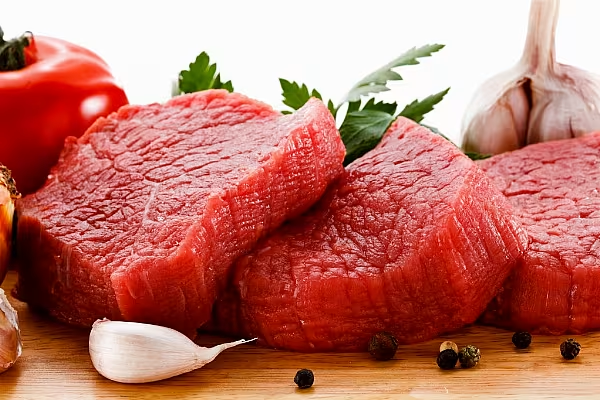President Donald Trump achieved a “big prize” during his meeting last week with Chinese President Xi Jinping by expanding U.S. beef exports to China, White House spokesman Sean Spicer said, without offering details on any tangible steps taken toward ensuring greater access.
China in September removed a ban on shipments of some U.S. beef products, opening up the trade for the first time since 2003 as the Asian nation sees a surge in imports of the meat. Still, conditions attached to the re-opening, including Chinese requirements for an acceptably traceable U.S. meat supply, have held up sales.
No concrete changes to the earlier agreement resulted from last week’s meeting, but "the plan was to put together a plan" on beef and other issues, Spicer told reporters in a White House press briefing.
China halted imports of U.S. beef in 2003 after a case of mad cow disease was found in Washington state. The country is the world’s second-biggest beef buyer after rapid economic growth over the past decade created an expanding middle class that can afford more protein in their diets. China is already the No. 1 pork consumer.
The re-opening of China to U.S. beef may provide new opportunities for packers including Tyson Foods Inc., the largest U.S. meat processor, and Cargill Inc., the top American ground-beef maker. Tyson declined to comment on the trade with China.
"The reports are encouraging, but there are numerous steps remaining before U.S. beef could be exported to China, and there is currently no established timetable for this to happen," said Mike Martin, a Wichita, Kansas-based communications director for Cargill Protein.
Surging Chinese demand had been a boon to Australian producers after a drought increased cattle slaughter and supply available for export. The island country has recently been losing market share to Brazil, which was allowed to resume shipments to China last year.
News by Bloomberg, edited by ESM. To subscribe to ESM: The European Supermarket Magazine, click here.











